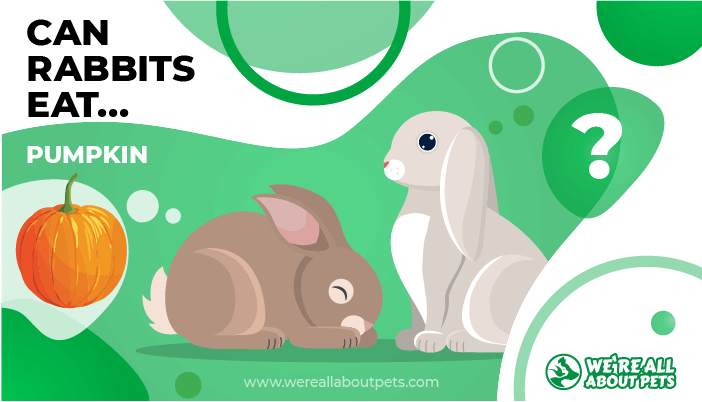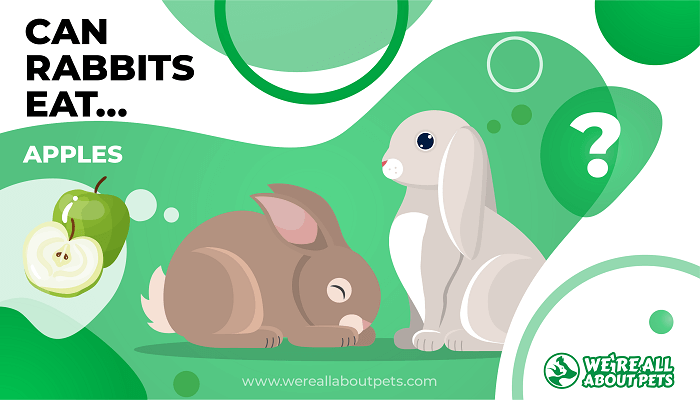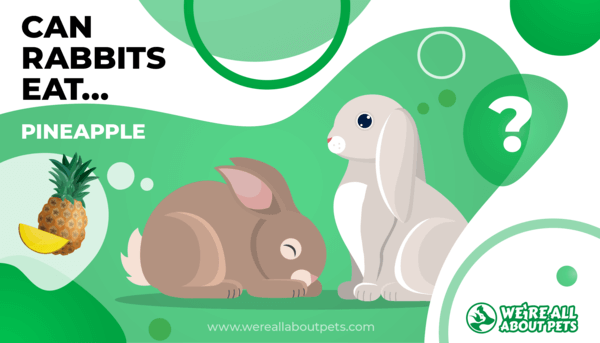Can Rabbits Eat Celery?
This page contains affiliate links. We may earn money or products from the companies mentioned in this post through our independently chosen links, which earn us a commission. Learn More
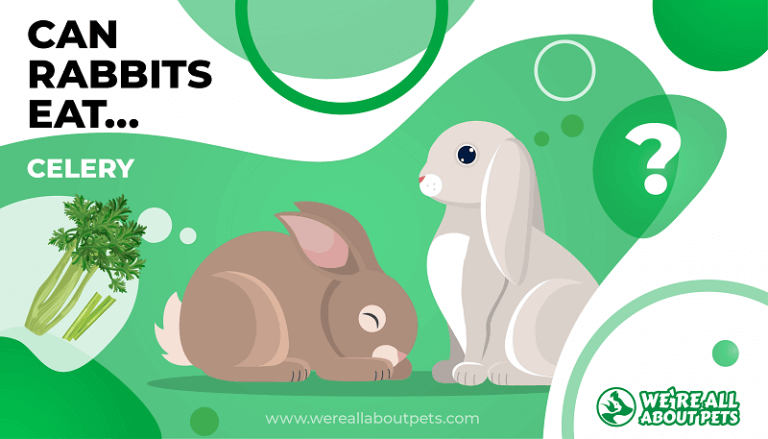
If you’ve ever been on a diet, then you know that celery is the quintessential “rabbit food!”
High in water, and super-satisfying thanks to its crunch, it’s a low-cal staple that’s nice to nibble whenever you’re craving a little something. This time though, we’re talking about actual bunnies.
Can rabbits eat celery, or is it something that’s better left in the fridge? Are there any health benefits that come with feeding celery?
Let’s take a closer look.
Celery Nutrition Stats
One of the biggest benefits of celery is that it offers plenty of flavor without a lot of calories. That makes it great for you – and your rabbit!
A cup of diced raw celery contains:
- 2 calories
- 5 g carbohydrates
- 6 g fiber
- .7 g protein
- .2 g fat
Celery Nutritional Facts
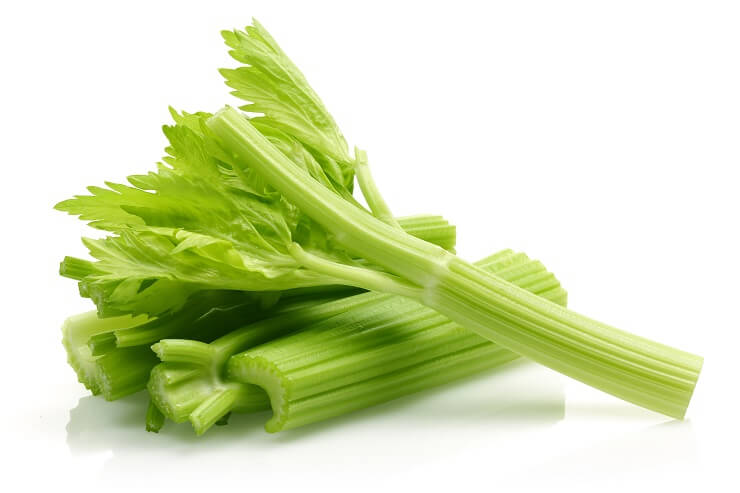
Even though its so low in calories, celery offers a surprising amount of vitamin k – about 29.6 micrograms, which is an impressive 37 percent of the US daily recommended value.
That same cup of celery offers:
- 453 iu vitamin A
- 263 mg potassium
- 1 mg vitamin C
- 5 mcg folate
- .1 mg vitamin B6
- .1 mg manganese
- 4 mg calcium
- 1 mg magnesium
- .1 mg riboflavin
- 24 mg phosphorus
Can Rabbits Have Celery?
Yes! Rabbits can have celery stalks as a treat. It shouldn’t make up a large portion of your pet rabbit’s diet, but all the nutrients it contains make it ideal as a healthy snack.
Before you run for the fridge, there are a few more things we’d like you to know about celery for rabbits.
Is Celery Good For Rabbits?
Just as it’s good for you, celery is definitely good for rabbits. In fact, there are a couple of reasons why you should think about working it into your bunny’s regular snack rotation.
- First, there are all those nutrients. Your rabbit needs plenty of vitamins and minerals from different sources. Since celery is so nutritious, it definitely benefits bunny rabbits!
- Second, rabbits are prone to boredom when they’re kept in hutches. Good, crunchy treats help make life a little more interesting! The more you can do to keep your rabbit occupied, the happier life will be.
- Third and perhaps most important, let’s talk teeth – specifically, rabbit teeth! If you’re fairly new to the wonderful world of bunny guardianship, then you might not know that rabbit teeth keep growing all throughout their lives at a rate of about ½ inch per month.
Rabbits have three different kinds of teeth: The front teeth, called incisors, which are used for nibbling and gnawing, the peg teeth, which are situated behind the incisors, and the molars or cheek teeth, which are used to grind food.
All three kinds of rabbit teeth need to be constantly worn down by chewing. In nature, wild rabbits keep their teeth in great shape by chewing a variety of tough plants.
Domestic rabbits need to be provided with items to chew since overgrown teeth are painful and can even be life-threatening. As it turns out, celery is one of the best foods for rabbit teeth! It’s tough and fibrous, so it takes an effort to chew through.
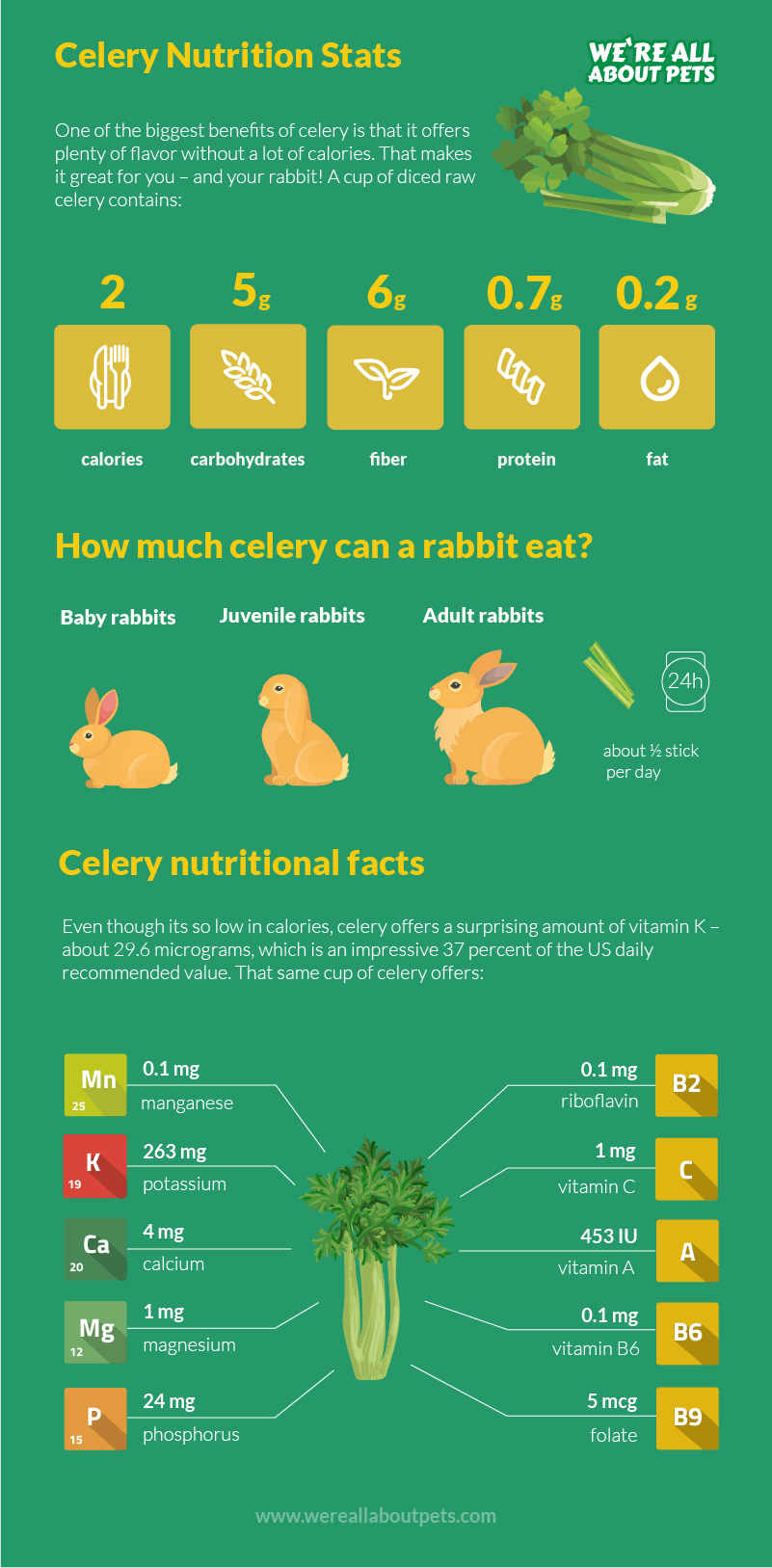
How Much Celery Can A Rabbit Eat?
The maximum recommended amount of celery for a rabbit to eat is about ½ stick. Make sure it’s well-washed, and chop it up into pieces no longer than an inch.
In case you’re tempted to treat your bunny to an entire half celery stick without cutting it up first, here’s a really important reason not to:
The long, fibrous strands in celery can become impacted into the rabbit’s digestive tract. This can give your rabbit more than just an upset tummy – it can endanger their health.
Like all new foods, celery should be introduced into your rabbit’s diet gradually.
Give your bunny just a single one-inch segment for a few days and then gradually increase the amount until they’re eating half a stick.
If you notice that your rabbit’s droppings look runny instead of like firm, round pellets, it’s a clear sign that your bunny is suffering from digestive problems.
Unfortunately, too many treats might be to blame. Rabbits have sensitive digestive tracts and rapid dietary changes can bring on a bout of diarrhea.
If you think celery or another treat is suspect, eliminate it from your rabbit’s diet and watch closely for improvement. If your bunny isn’t getting better, talk to your veterinarian about next steps.
How Often Can A Rabbit Eat Celery?
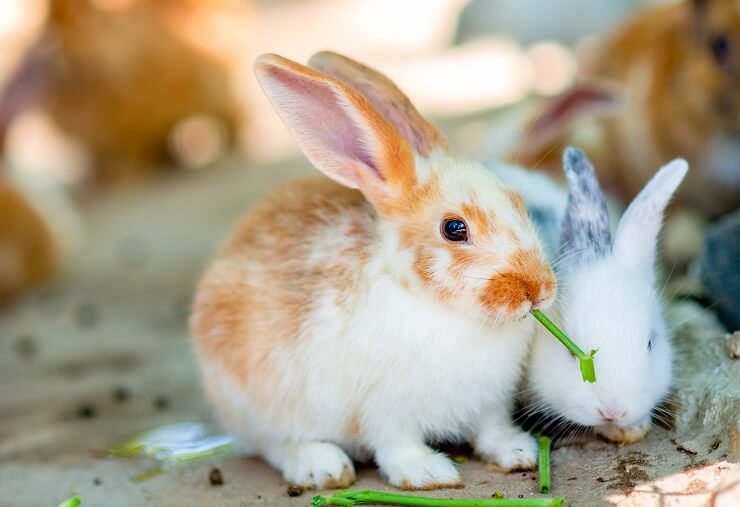
Your rabbit can eat a little bit of celery each day once they’re accustomed to it. Of course it’s best to provide a variety of treats so your rabbit gets the best nutrition possible and doesn’t run the risk of health problems!
The Correct Diet Is Important
In the wild, rabbits spend hours on end eating grass. That’s why it’s so important to ensure that the bulk of your rabbit’s diet consists of quality hay and plenty of fresh, clean water. You should offer your rabbit as much hay as they can eat, along with a daily portion of pelleted rabbit food.
A small amount of seeds such as pumpkin or sunflower seeds (the unsalted variety) can be offered, along with a salad that consists mostly of leafy greens. Your rabbit can have one cup of leafy greens per two pounds of body weight each day.
A small portion of carrot or other root vegetable will be appreciated, along with other veggies and treats that your rabbit enjoys.
In addition to fresh vegetables, you can also offer a small amount of fruit such as apple, pear, kiwi, peach, berries, banana, or nectarine, but no more than about a teaspoon per two pounds of body weight per day. Celery should be just a small portion of your rabbit’s diet overall!
In case you’re tempted to deviate from the well-balanced rabbit diet and offer large amounts of treats, don’t! Rabbits have tricky digestive systems that can slow down or stop completely when there’s a lack of fibrous hay. This is called GI stasis, and it can kill your rabbit.
What Are Other Healthy Alternatives To Celery In A Rabbit’s Diet?
There are plenty of healthy veggies for rabbits – lots of them are leafy vegetables including different types of lettuce.
Try:
- parsley
- cilantro
- carrot tops
- swiss chard
- beet greens
- radish tops
- spinach
- arugula
- romaine lettuce
- butter lettuce
- cabbage
- broccoli
- dandelion greens
- endive
- escarole
- fennel
- bok choy
- yu choy
- kale
- carrots
- bell peppers
It’s best to rotate the types of greens and treats you offer your rabbit since a compound called oxalate can build up in the kidneys when the same greens are fed in high quantities on a daily basis.
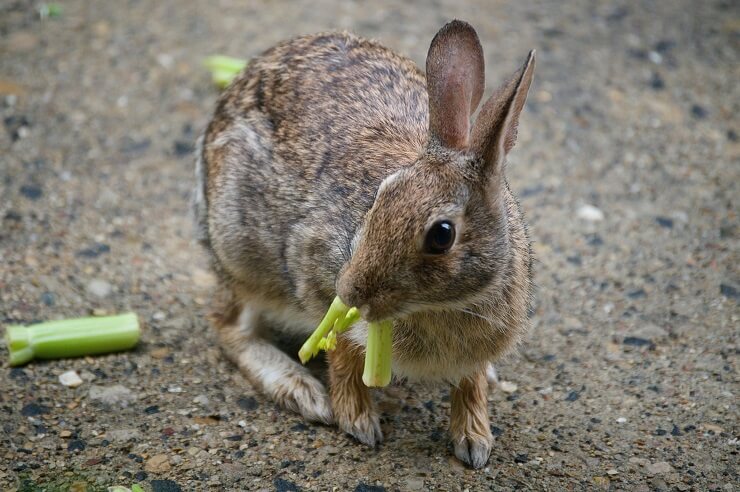
Giving your rabbit celery is a good way to change things up and add variety to their diet!
Frequently Asked Questions
Is celery safe for rabbits?
Yes, it’s generally safe to feed rabbits celery so long as you cut it up into small pieces no more than about an inch long. Introduce it and any other new foods slowly and in small quantities to prevent digestive issues and never give your rabbit more than half a stick of celery per day. It’s fine to add celery leaves to your rabbit’s dish as well!
Can I give celery to a baby rabbit?
Celery makes a great treat for an adult rabbit, but it’s best to stick to small amounts of leafy greens such as romaine lettuce when choosing treats for a rabbit that’s still growing. A baby rabbit should have only occasional treats in small amounts, as a supplement for fresh grass hay and age-appropriate rabbit pellets. When young rabbits suffer from digestive issues, they can become sick very quickly, so take extra care with feeding your baby bunny!
Can celery make my rabbit sick?
Yes, but only if you feed too much or if you fail to cut it up. We can’t stress the importance of proper preparation enough! If long celery fibers are trapped in your rabbit’s digestive system, your pet could become very sick or even die.
I’ve heard that celery has high sugar content. Is that true?
Celery isn’t a high sugar food for humans, but it is far higher in sugar than the grass hay that should make up the bulk of your rabbit’s diet. The sugar content is one reason why rabbits like celery, and it’s also a key reason for feeding celery in small amounts.






